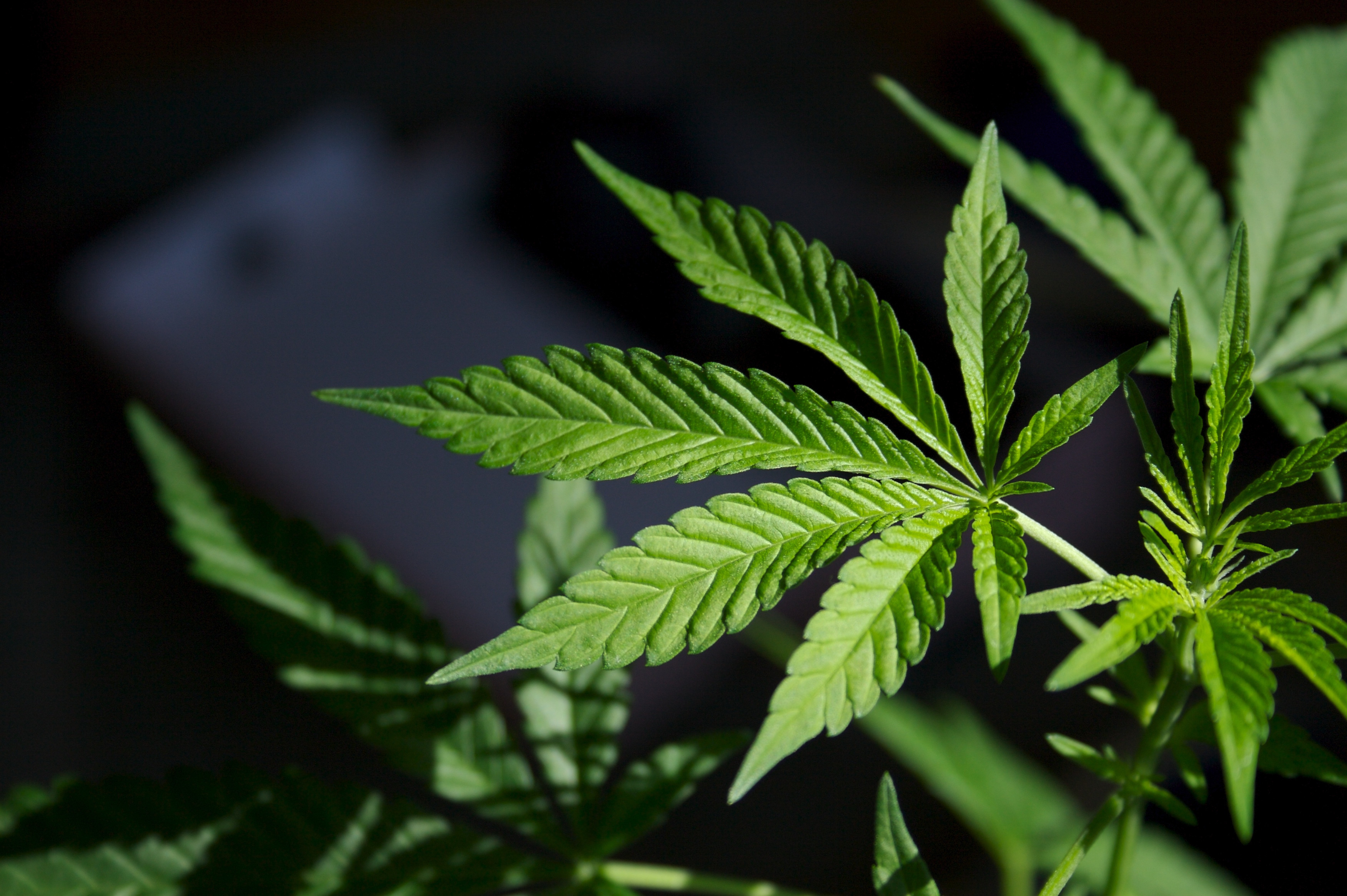Shedding Light on What Medical Cannabis Can Cure: an Extensive Analysis of Its Healing Residences
In recent years, there has actually been a growing passion in the therapeutic potential of clinical cannabis. While unscientific proof is plentiful, a complete examination of the clinical information concerning the efficiency of clinical marijuana in dealing with these conditions is called for.
Persistent Discomfort Management
Persistent discomfort monitoring continues to be a crucial element of clinical care, requiring a thorough approach for efficient treatment. Over the last few years, clinical cannabis has become a prospective therapeutic alternative for people struggling with persistent discomfort problems. The endocannabinoid system, which plays a critical duty hurting modulation, has been targeted by cannabis-based treatments to improve and minimize signs quality of life for patients.

Additionally, medical marijuana supplies an encouraging choice for individuals who experience excruciating adverse effects from traditional discomfort medicines. Its ability to address discomfort with a different system makes it a valuable enhancement to the arsenal of treatments offered for chronic pain monitoring.
Epilepsy Treatment Prospective
Medical marijuana has revealed encouraging capacity in the therapy of epilepsy, offering a novel healing method for taking care of seizures in patients. Epilepsy is a neurological condition identified by recurring seizures, impacting individuals of all ages. Standard therapies for epilepsy include antiepileptic medications, but these medicines might not work for all patients and can have considerable negative effects.
Research on the use of clinical marijuana for epilepsy has actually revealed encouraging results. Cannabidiol (CBD), a non-psychoactive substance located in cannabis, has been especially highlighted for its anticonvulsant properties. Research studies have actually revealed that CBD can reduce the frequency and intensity of seizures in patients with treatment-resistant forms of epilepsy, such as Dravet syndrome and Lennox-Gastaut disorder.
Moreover, the FDA has accepted a CBD-based drug, Epidiolex, for the treatment of seizures connected with these extreme kinds of epilepsy. This milestone highlights the expanding recognition of medical cannabis as a beneficial therapeutic option for taking care of epilepsy and provides wish for people who have not responded well to traditional therapies.
Queasiness Relief Advantages
The relief of queasiness via using cannabis has actually been significantly identified for its healing advantages in different clinical problems. Queasiness and throwing up are typical symptoms experienced by clients undergoing chemotherapy, those with food poisonings, and individuals with chronic discomfort conditions. Medical marijuana, with its active substances such as THC and CBD, has shown pledge in providing remedy for nausea or vomiting.

In addition, clinical cannabis offers a natural alternative for people that do not respond well to typical anti-nausea medicines or who experience extreme negative effects from these medications. Patients undertaking chemotherapy, particularly, have actually reported considerable improvements in their lifestyle when utilizing cannabis to take care of queasiness. As study in this field continues to expand, clinical cannabis is significantly being thought about as a valuable alternative for queasiness relief in numerous clinical settings.
Stress And Anxiety Reduction Results
Research studies have shown the potential of marijuana in lowering stress and anxiety symptoms via its communication with the endocannabinoid system. The endocannabinoid system plays a critical duty in controling feelings, consisting of stress and anxiety, by maintaining homeostasis in the body. Cannabinoids in cannabis, such as THC and CBD, interact with the endocannabinoid receptors in the mind, especially the CB1 and CB2 receptors, to modulate anxiety-related actions.

Individuals with problems like generalized stress and anxiety problem (GAD), social anxiousness condition, and post-traumatic stress and anxiety disorder (PTSD) may profit from the anxiolytic residential properties of marijuana (Medical Marijuana Doctor Clinton MS). Nevertheless, additional study is required to establish optimal dosages, delivery methods, and long-term effects on stress and anxiety administration.
Potential for Inflammation Control
With its known anti-inflammatory homes, marijuana has shown pledge in potentially managing swelling within the body. Swelling is the body's natural reaction to injury or infection, yet when it comes to be persistent, it can add to different diseases such as arthritis, inflammatory digestive tract condition, and even heart problem. ultrasound clinic Research recommends that the cannabinoids located in cannabis, such as THC and CBD, can help decrease and manage the immune action inflammation.
Studies have actually revealed that cannabis can connect with the endocannabinoid system, which plays an essential duty in controling inflammation. By targeting the cannabinoid receptors, visit this site marijuana compounds can modulate the immune reaction, bring about a reduction in swelling levels. This makes marijuana a prospective candidate for handling inflammatory conditions where typical treatments have actually dropped brief.
Moreover, cannabis-derived products like CBD oil have actually gained appeal for their anti-inflammatory buildings, with lots of individuals using them as an all-natural treatment for problems connected with swelling. While more study is needed to completely understand the systems behind cannabis's anti-inflammatory impacts, existing findings reveal promising outcomes for the possible use clinical cannabis in managing swelling.
Conclusion
To conclude, medical marijuana has actually revealed encouraging restorative homes in managing chronic discomfort, dealing with epilepsy, easing nausea or vomiting, decreasing anxiousness, and regulating inflammation. Its prospective advantages in numerous clinical conditions highlight the significance of more study and exploration into its medicinal usage. The proof recommends that clinical marijuana could be an important option therapy option for clients looking for alleviation from a series of signs and problems.
In recent years, medical marijuana has emerged as a prospective restorative choice for people experiencing from persistent discomfort problems.Clinical marijuana has actually revealed encouraging possibility in the therapy of epilepsy, supplying an unique healing approach for managing seizures in clients. As research in this area continues to grow, medical marijuana is increasingly being considered as an important option for nausea relief in numerous clinical setups.
In verdict, clinical cannabis has shown promising healing residential or commercial properties in managing chronic discomfort, dealing with epilepsy, soothing nausea or vomiting, decreasing stress and anxiety, and controlling inflammation. The evidence recommends that clinical cannabis could be a valuable choice therapy option for patients looking for relief from a range of signs and symptoms and problems.